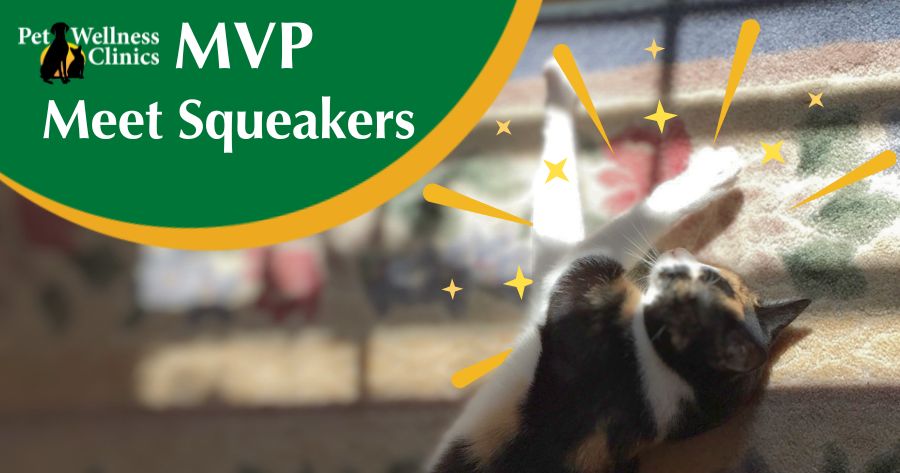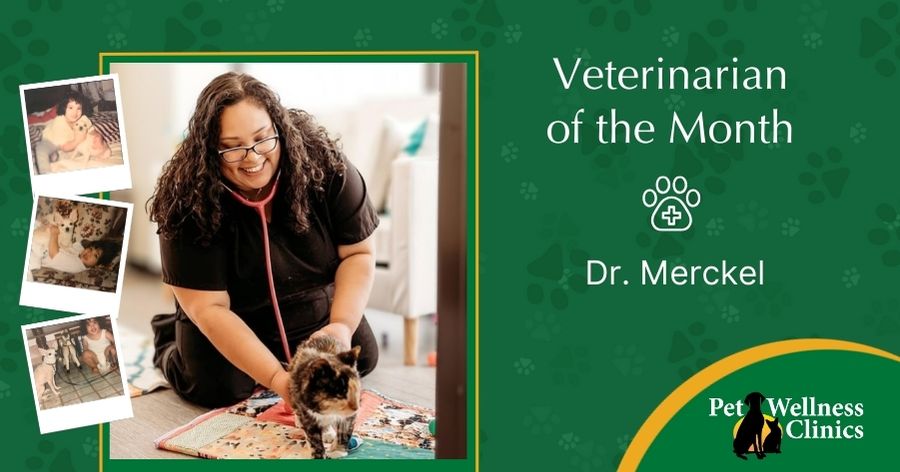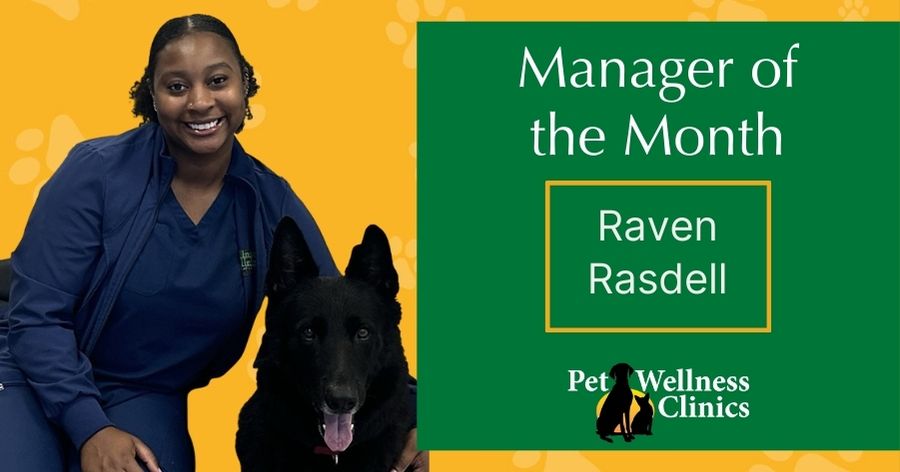If you have recently become a proud parent to a puppy or kitten, congratulations on your new furry family member! We are certain that you will make a great deal of wonderful memories during your time together.
Even if you are new to caring for a young animal, it may come as no surprise to know that the care they need is somewhat different to that of an adult pet. From the food that they eat to the way that they behave, there are some elements of puppy and kitten care that may be unexpected. Nevertheless, it is essential to adapt the way in which we care for any animal to suit their life stage. By providing your puppy and kitten with proper support, you can ensure they grow into healthy, happy adults.
To help you on your per adoption journey together, here are our top care tips for looking after your puppy or kitten.
Just like children, immature animals cannot and should not be expected to act in the same way as an older pet. Your pup or kitty will be a ball of curious energy, learning motor skills, as well as wanting and needing to explore the world around to see where they belong. However, a lack of impulse control and minimal sense of danger means that they will still need to be adequately supervised so that they aren’t injured.
Growing animals have very different nutritional requirements than older pets. During their adolescence, some will have as much as three times the energy of a mature pet and they need to be fed to meet the demands of their body.
There are many different types of puppy and kitten foods available, and these will be formulated specifically to the nutritional requirements of your pet at each stage of their development. If you aren’t sure which is right for your pet, speak to your veterinarian at Noblesville Pet Wellness Clinic to ask for a recommendation.
Dogs are generally considered to be more sociable than cats, but both puppies and kittens should be socialized during their development. Socialization is essential if your pet is to become a friendly, confident, and happy adult.
The level of socialization your pet gets will define how they interact with other animals, people and new situations. Failing to socialize your pet properly could lead to her reacting in a number of undesirable ways, including becoming aggressive, territorial, anxious, or fearful.
There are many ways in which you can socialize your new puppy or kitten at home – make noise, introduce it to new people, get it used to grooming. If you have a puppy, you should also consider attending socialization classes. When your puppy has finished all puppy vaccinations, you can take it to social environments like doggy daycare or a dog park to exercise and socialize.
Training your puppy or kitten is essential if they are to follow the rules of your house. The sooner you start to train your pet, the more you can enjoy one another’s company. While most kittens will use litter boxes instinctively, some will require training to do so. You will also have to teach your puppy where and when it is appropriate to relieve themselves.
Dogs tend to be more receptive to training than cats, and you will soon be able to teach your puppy commands such as to sit, stay, and come when called. You will also inevitably be going out for walks, so teaching recall is crucial if your dog ever accidently is let off the leash.
Your primary responsibility to your puppy or kitten is to ensure that it remains as healthy as possible. This means making sure veterinary attention is obtained as needed.
Vaccinations are a crucial part of puppy or kitten care, as these will help to protect your pet against the many serious diseases that pose a risk to them.
Vaccinations usually start at around 8 weeks of age. If you are raising a pet from birth, you should enquire about vaccinations as soon as they are born and get your appointments scheduled. If you are adopting a puppy or kitten after they reach 8 weeks, you should check whether they have had their first vaccinations or not, and get booked for all of the others. Follow the schedule given to you by your veterinarian, so that your pet remains fully protected at all times.
During your initial appointments, you should also ask about preventative care against parasites, such as heartworms, fleas, ticks and intestinal worms. Parasites can pose a considerable threat to the health of your puppy or kitty, so adhering strictly to a preventative schedule is essential. At Pet Wellness Clinics, we will be happy to advise you which treatments are best for your animal and how often they are needed. Call our office today to learn more.


